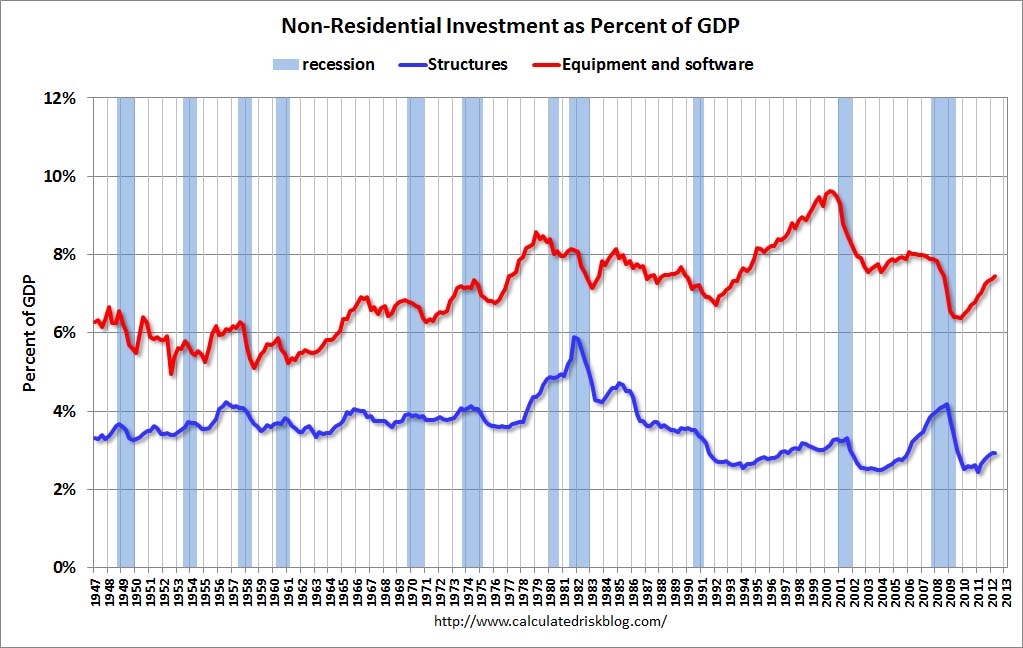OohPooPahDoo
Gold Member
Democrats are too stupid to understand economic growth and its relationship to revenue.
They are like thieves who can't imagine working for money and see only who to steal from to increase their income.
Did the Clinton era rates hurt the economy in the 90's?
If we had a poor economy to begin with it would have been devastated. Increasing taxes does not cause prosperity. In prosperous times, increased taxes is bearable but increasing taxes, does not cause economic growth.
Let's jump off the fiscal cliff and see how well it works.
How will increased rates on people who have their wealth parked on the sidelines hurt the economy?
Don't lower deficits lead to long term prosperity?


